George Hay Chartered Accountants were one of the first accountancy firms in the country to obtain a licence to carry out non-contentious probate work. In our monthly column, we give you an insight into the process and provide an update on what is happening in the world of probate and estates.
When administering an Estate, a fundamental question is “who owns what?”. A person’s estate is subject to Inheritance Tax (IHT) based on what they own; however, who inherits the asset may depend on the legalities.
Often the most valuable asset, is the family home. For a couple, the home can be owned in two ways; either as joint tenants or tenants-in-common. For all practical purposes, whilst you are alive, it makes no difference, but it does when you die.
Properties held as joint tenants do not pass by the Will, but by “survivorship”. This means that whoever is your joint owner (or owners) automatically inherit.
You could, in your Will, write “I leave my one half of my house to my son”, but if the property is held as joint tenants with your wife, it will pass to her and not your son.
If it is held as tenants-in-common, then the house passes by the Will. In the case of the example above, the son would therefore inherit.
We recently saw a case where two brothers owned a house as joint tenants. Brother ‘A’ died, and his family expected to inherit his share of the property. However, as joint tenant, Brother ‘B’ inherited. The whole of the property went to his side of the family.
For most couples buying, the default position is as joint tenants and, if you were never consulted on acquisition, would be the default position. You can check by looking at Land Registry, although you will not be met with useful phrases. If the search shows in Section B, the land is held subject to the court and it is as tenants-in-common. If it is does not, it will usually be held as joint tenants.
Another case we saw recently was where the house was in the sole name of the deceased. The deceased had not wanted to spend money transferring it to joint names. Now he has died, his wife inherits. There is no IHT payable, but a probate application needs to be made to facilitate the transfer of the property to her. This probate application has to include all of his assets, not just the house, and so has created an administrative burden.
Jointly owned assets are not limited to property. So, for example, joint bank accounts pass in the same way.
As part of any estate planning, we would recommend that ‘who owns what’ is a key consideration.
To discuss our Probate & Estates services in more detail, contact Huntingdon-based Barry Jefferd on 01462 708810, or you can email us at probate@georgehay.co.uk where your enquiry will be dealt with by one of the team.
Authored by Director of GH Probate Ltd., Barry Jefferd.
Our Probate service is provided through GH Probate Limited. GH Probate is the trading style of GH Probate Limited. Registered in England and Wales number 9630102. Registered Office: St George’s House, George Street, Huntingdon, Cambridgeshire PE29 3GH.
Authorised to carry out the reserved legal activity of non-contentious probate in England and Wales by the Institute of Chartered Accountants in England & Wales








